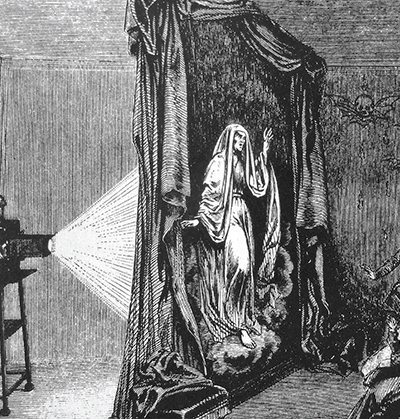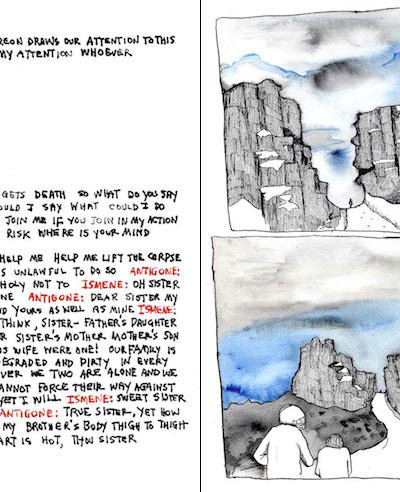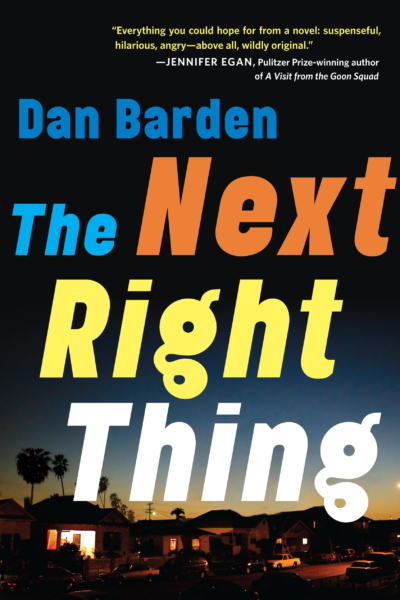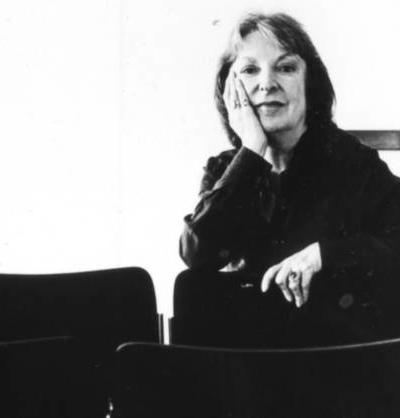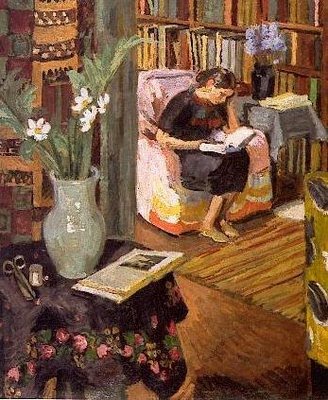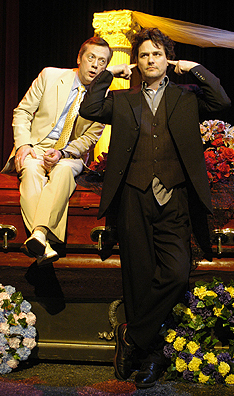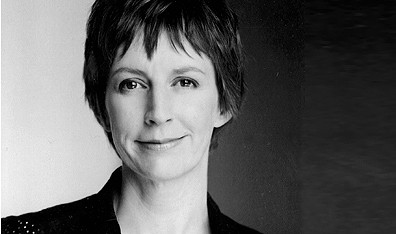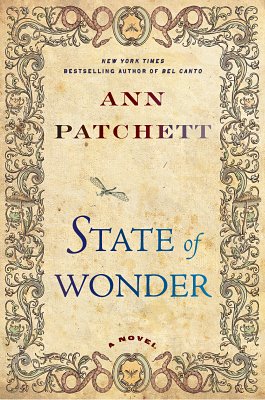Awakening the Dead: Film and the Technologies of Wonder
Hugo traces a history of movie technology, but it also gestures towards something far more elusive and far-reaching: a modern history of the desire for pictures that come to life.
Artist books, at their very best, are little theaters: they take a literary text and give it sensory life on the page. What Carson, Stone, and Currie provide together is actually a staging of the play in book form.
You don’t have to make a case for fiction, you just have to make great fiction.
The Next Right Thing – Dan Barden
It’s a little like reading Carl Hiaasen doing a Raymond Chandler impression.
Conversations With Pauline Kael
Why are readers threatened by Pauline Kael? And why do writers and critics still resent her?
A Letter to My Anonymous Readers
For you, reader, the literary imagination is about more than just identifying with words on the page. It’s also an ethical imagination.
Outrageous Fortune: Shakespeare on TV
The Canadian television show Slings and Arrows is a send-up of Canada’s Stratford Theater Festival; but unlike most contemporary satire, it is also loving and imaginatively daring.
I could see the magic of these adult faces becoming children, reflecting the pathos of the stage, being so unguarded. It’s a magical thing when that happens. They’ve lost their self-consciousness and they are breathing literally as one person in the audience.
We love metaphors because they give us the feeling that the world is unified or connected, that there is an underlying relationship between all things that we sense but can’t always name or describe.
Ann Patchett – State of Wonder
State of Wonder is Patchett’s most recent novel, and it establishes her as one of our most gifted writers of novels with real beginnings, middles and ends, novels of engrossing narrative velocity that come to surprising and almost primally satisfying resolution.



